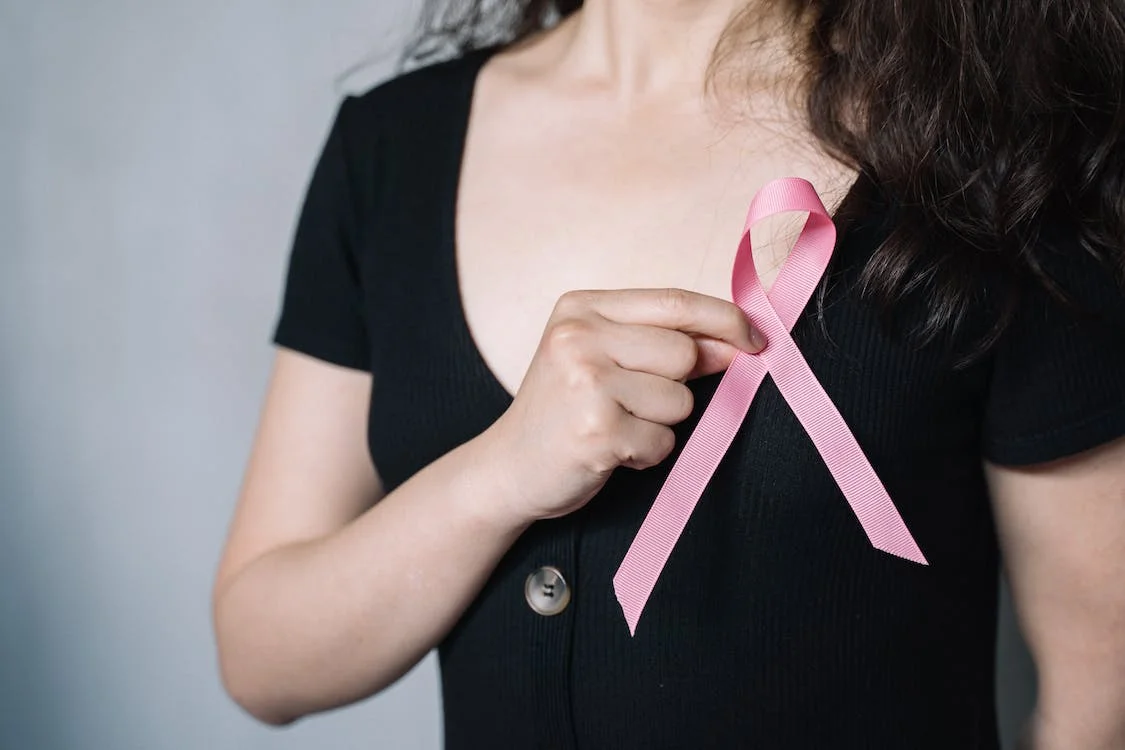Yes! In clinical trials, hyperglycemia was reported in about 58% of the patients.
TRUQAP (Capivasertib) is the most recently approved medicine for the treatment of breast cancer. It is recommended for women with the following [Ref]:
- Hormone receptor (HR)-positive,
- Human epidermal growth factor receptor 2 (HER2)-negative,
- Locally advanced or metastatic breast cancer with
- One or more PIK3CA/AKT1/PTEN-alteration
TRUQAP (Capivasertib) got FDA approval on 16th November 2023 for the treatment of breast cancer in patients who met the above criteria along with fulvestrant.
What is TRUQAP (Capivasertib)?
TRUQAP (Capivasertib) is a pan-AKT kinase inhibitor. It blocks all three kinases, ATK1, ATK2, and ATK3, inhibiting downstream phosphorylation of ATK substrates.
About 50% of HR-positive (hormone receptor-positive) breast cancer and about 25% of TNBC (triple negative breast cancer) patients have activation of the PI3K/AKT pathway as a result of PTEN loss [Ref]
| Read: |
How frequent is Hyperglycemia with Truqap?
ATK pathway inhibitors have been in clinical trials for some time, however, because of severe hyperglycemia, the researchers thought that the adverse effects might limit their use in real life.
The newer formulation is considered more safe. It is also associated with a significant proportion of patients with hyperglycemia, however, hyperglycemia with Truqap is manageable.
TRUQAP (Capivasertib) causes hyperglycemia in about 58% of the users some of which may develop severe hyperglycemia.
- All cases of hyperglycemia: 58%
- Severe (grade 3 or 4) hyperglycemia: 9%
- All cases of increased fasting blood glucose: 37%
- Increase in fasting glucose of grade 3 or 4 severity: 0.9%
Hyperglycemia is a frequent side effect of Truqap. Because of the increased incidence of hyperglycemia, patients with Type 1 diabetes were excluded from clinical trials.
A small percentage of patients who were using TRUQAP (Capivasertib), develop severe hyperglycemia necessitating hospitalization. Diabetic ketoacidosis was reported in 0.3% of the patients.
Of half of the patients who had hyperglycemia as a side effect, 15% required insulin treatment while 29% were treated with metformin.
How Trucap causes hyperglycemia?
It is not fully known, however, the drug may have several mechanisms including insulin resistance at the tissue level, reduced insulin production by directly affecting the Beta cells of the pancreas, or increased glucose production by the liver.
What is important is that both the PROs and CONs need to be balanced. Severe hyperglycemia is dangerous and may lead to death.
Likewise, there needs to be more novel targeted therapies to manage the very hard-to-treat patients of breast cancer.
All patients started on Trucap should be advised a low-calorie diet along with some form of activity and frequent monitoring of blood glucose.
Patients who have Type 1 diabetes or those who have an episode of hyperosmolar hyperglycemic state within the last few months should not be given Trucap.
| Read: |
